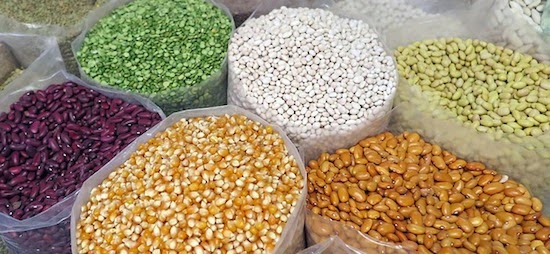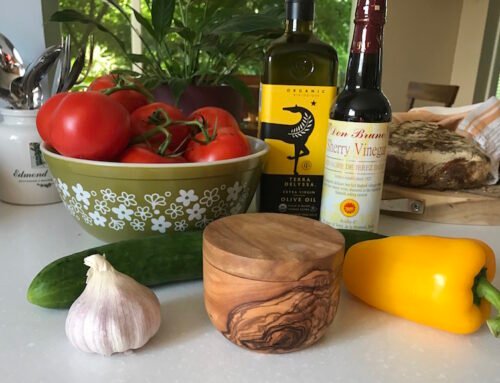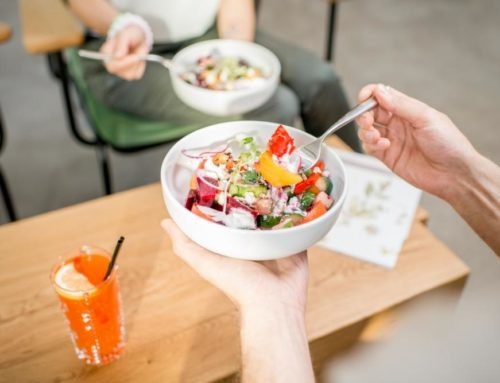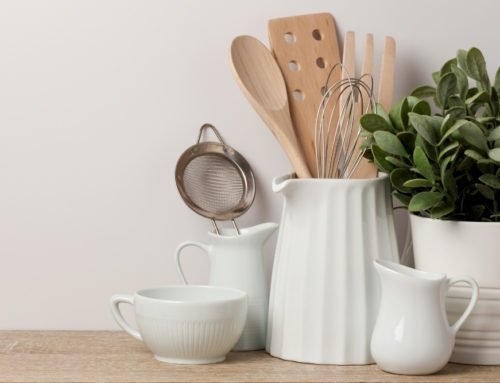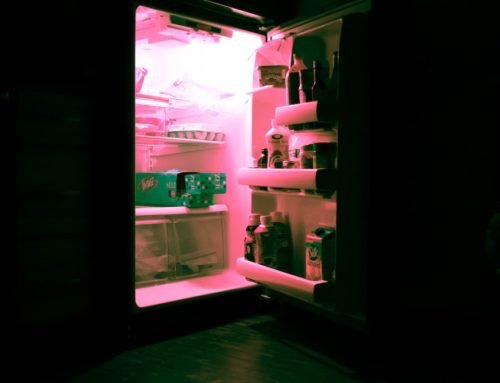I don’t know if you ran across the bit of news the other day that alternatives to BPA (bisphenol-A) may be no better, and could possibly be worse, than BPA itself. Let’s just say I’m not surprised, for two reasons. One, even though I’m not a particular fan of BPA, I do sometimes subscribe to the notion that “better the devil you know than the one you don’t.” Second, I had an off-the-record conversation with someone with a bit on inside knowledge that tipped me off to the truth in my suspicions that comparing BPA with it’s alternatives may be six of one, half dozen of another.
Now that we have all that out of the way, where does it leave you? Should you shun canned foods altogether? Should you stick your head in the sand? I vote for a middle ground, and I’ll tell you why.
- For most people, it’s not practical to completely give up canned foods. And frankly, I would rather see someone use canned beans from time to time to help get a quick home-cooked meal on the table than to grab take-out on the way home from work.
- We are exposed to a lot of toxins in our environment (cigarette smoke, exhaust fumes, cleaning supplies, pesticides, off-gassing from new furniture/carpet/cabinets, and so on), that taking steps to reduce that exposure is a good thing, even though there is no way to completely eliminate that exposure.
This is why I advocate for buying organic food as availability and budget allow (but not refusing to eat a vegetable because it’s not organic), using glass or ceramic instead of plastic for food storage (all hail the mighty mason jar), and cooking beans from scratch as much as possible (this saves money over buying canned beans, incidentally). Another reason to cook beans from scratch? There are so many wonderful, beautiful varieties of beans, and only a very few are used in commercial canning. Behold these anasazi beans:
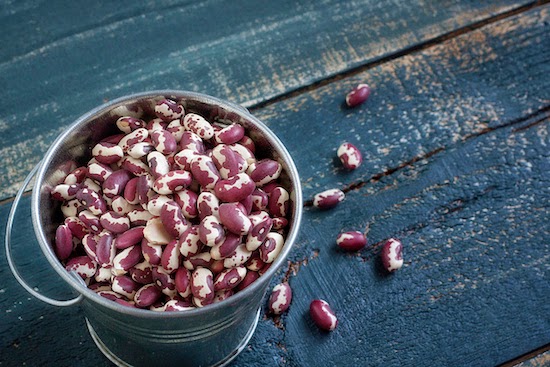

Cooking beans from scratch (i.e., from their dried form) does require more time and advance planning than simply grabbing a can opener and a can, but it’s not an insurmountable challenge, by any means. I tend to save my canned beans for emergency pantry meals, but use dried beans when I’ve actually planned my menu. I have two plans of action depending on what day of the week it is:
- Weekends: Soak beans overnight (if pre-soaking), cook them early afternoon-ish, then add them to my dinner recipe (such as a soup or bean stew).
- Weekdays: Soak beans in the morning (if pre-soaking), cook them that evening, cool and refrigerate them, then add them to my dinner recipe the next day.
Do you have to soak beans? No. Soaking them reduces cooking time somewhat (this can be especially important with beans that have been sitting in your pantry for a year or longer), but cooking without soaking may result in better flavor (interesting article on this topic here). There are two ways to soak: the hot soak and the cold soak. I’ve never used the hot soak, but here are both methods:
- Cold soak. Rinse and drain your dried beans, picking out and throwing away any damaged beans and any non-bean material. Put the beans in a bowl and cover with water. Allow to soak overnight. Aim for at least 12 hours of soaking time.
- Hot soak. Put beans in a pot and cover with water. Bring to a boil and allow to continue boiling for 2 minutes. Remove from heat, cover pot and allow to soak for 1 to 4 hours.
To cook, drain away the soaking water, put the beans in a pot and cover with 1 to 2 inches of fresh water, bring the mixture to a boil, then turn down the heat and allow to simmer until done, about 1.5-2 hours. Stir once in a while and check for tenderness/doneness.
I’ve never used a pressure cooker to cook beans (the only pressure cooker I own is a huge one for canning), but I know that many people swear by it as a means to cook beans super fast. I do sometimes use a slow cooker, adding my soaked or unsoaked beans, draining them, then tossing them in the slow cooker with fresh water and any other ingredients, then turning it on low to cook for 6 to 8 hours. When I get home, voila!
Anasazi bean photo credit: Nomadic Lass via Flickr

